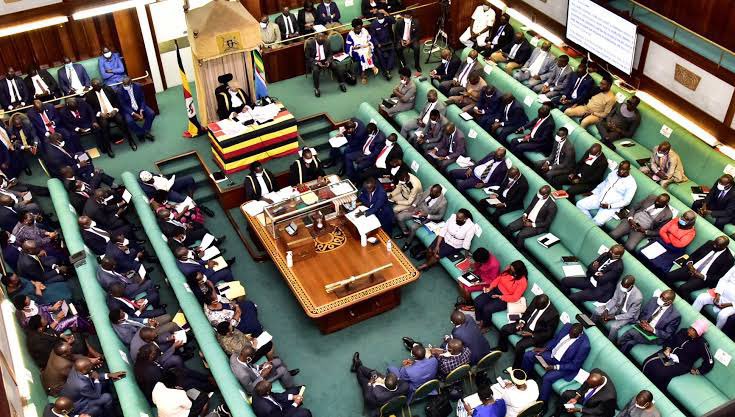On World Cities Day in Shanghai, Brisbane in Australia, Fuzhou in China, George Town in Malaysia, Kampala in Uganda, and Salvador in Brazil achieved recognition as the inaugural Global Award for Sustainable Development in Cities, also known as the Shanghai Award. This accolade was presented by the UN Human Settlements Programme (UN-Habitat) in conjunction with the Shanghai government. These five cities were celebrated for their remarkable efforts in aligning with the United Nations’ 2030 Agenda for Sustainable Development and the New Urban Agenda.
The selection of award recipients was based on four major criteria: economic vitality and urban prosperity, ecological construction and green development, urban safety and resilience development, and capacity building for sustainable development. These criteria were applied to 54 cities from 16 developed and developing countries who submitted applications for the award.
Brisbane earned its laurels by embracing innovation and incorporating data, technology, urban planning, robust financial models, and social systems. The city introduced the Brisbane Metro, a fully electric, high-capacity bus and train system, eliminating the need for timetables and operating 24/7 on weekends. Additionally, Brisbane is constructing the Kangaroo Point Green Bridge, enhancing pedestrian and cyclist connectivity.
George Town in Malaysia focused on green connectivity projects to improve urban accessibility and overall quality of life. They introduced pedestrian-friendly schemes, dedicated bike lanes, free shuttle bus services, intelligent parking, and urban walking and cycling initiatives. The city also addressed climate change challenges by implementing the Nature-Based Climate Adaptation Programme, which emphasizes increasing urban greenery and managing rainwater through green corridors.
Salvador in Brazil adopted a coordinated approach with a focus on the protection of women’s rights and cultural heritage. The city serves as a practical model for urban management in developing countries and provides insights for developed nations.
The World Cities Day China Observance, jointly hosted by China’s Ministry of Housing and Urban-Rural Development, the Shanghai government, and UN-Habitat, brought together over 1,500 officials, scholars, and representatives from around the world. The event featured more than 20 sub-forums, side events, and exhibitions, offering cities a platform to share their solutions and experiences.
The event also marked the release of the latest edition of the Shanghai Manual, showcasing urban development cases from across the globe. The Shanghai Index, which assesses city-level sustainable development achievements and challenges, was also unveiled. Developed collaboratively by the Shanghai government, UN-Habitat, and the Chinese housing ministry, the index considers economic, societal, environmental, cultural, and governance factors.
This Shanghai Index is set to become a global tool, facilitating knowledge-sharing and cooperation in sustainable city development at international, national, and regional levels by 2030. It will provide cities worldwide with valuable insights to address common challenges and enhance their management strategies.




















